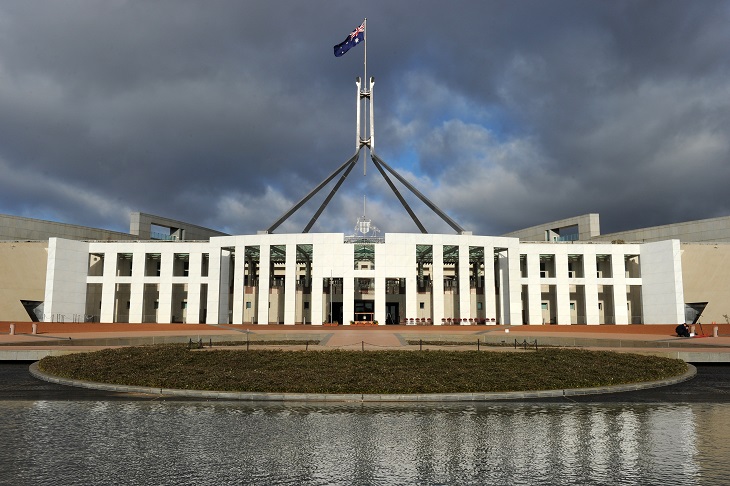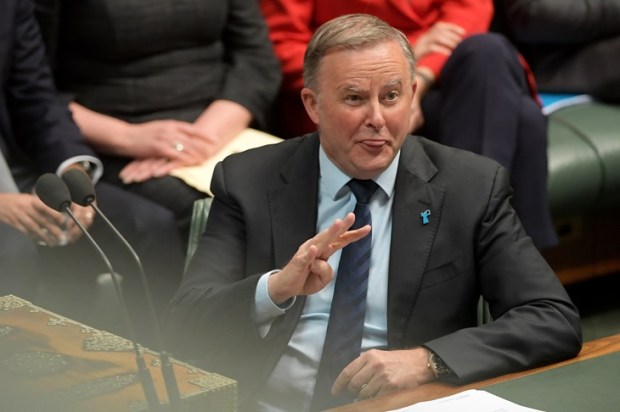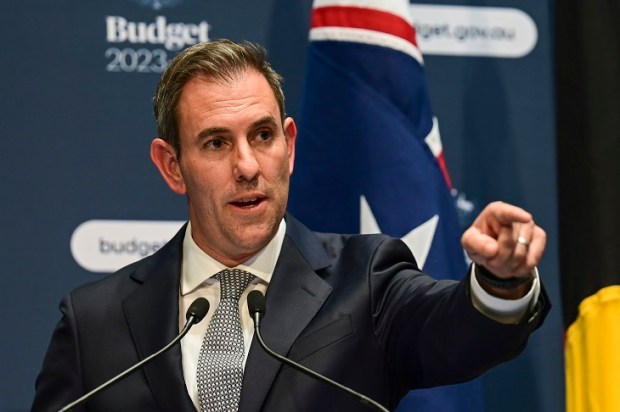Who runs Australia? Is it the politically accountable politicians elected through the democratic process? Or is it the unidentified, unelected, bureaucrats who hide behind closed doors?
A situation happening now indicates that at least some Commonwealth bureaucrats think they run the country and democracy can go jump!
In the April budget last year, the Morrison government announced that the Tax Office would no longer be able to collect a small business tax debt while in dispute and under appeal. That’s a damn good policy move for tax fairness.
The Small Business Minister stated in Parliament, ‘We are backing small business in over the ATO. No longer will the ATO be able to garnishee and takeaway while the dispute is in train …’
This stated budget initiative of the government would bring Australia into line with decades-long, disputed debt-collection laws in both the United Kingdom and the United States. In both of those jurisdictions the tax collection authorities – HMRC (UK) and IRS (USA) – cannot collect on an (alleged) tax debt until such time as all appeals have been exhausted and finalised.
A key job of the Commonwealth Treasury department is to draft legislation that puts government policy into effect. Last week, nine months after this very clear policy statement, Treasury released draft legislation that does the opposite of what the government promised.
The draft legislation would not automatically stop the ATO collecting on a disputed debt. It would force a taxpayer to apply to the Administrative Appeals Tribunal (a very expensive process) for a ‘pause’. In comparison, the Minister’s plain statement (above) did not say that a taxpayer could apply to have a debt under dispute paused. Rather, the Minister stated that, ‘No longer will the ATO be able to garnishee … while the dispute is in train.’ The government’s intent could not be plainer.
Further, the Treasury draft legislation would require a taxpayer to prove that their application did not restrict administration of tax law.
The draft legislation states that a debt collection pause could only be ordered where the order:
‘(i) is unlikely to prejudice or unduly restrict the Commissioner’s administration of a taxation law; (ii) is unlikely to undermine the objective or purpose of a taxation law or a provision of a taxation law, or the integrity of the taxation system as administered by the Commissioner; (iii) the application … is not frivolous, vexatious, misconceived, lacking in substance or otherwise intended to impede the proper administration of a taxation law.’
Each of these requirements sets a benchmark of proof that is effectively impossible for any taxpayer to demonstrate.
It would require a detailed knowledge of the ATO’s entire administrative procedures, every conceivable tax law, how the ATO interpreted each law, what the Commissioner might consider to be ‘frivolous’ and so on. That is, the task of even applying for a debt collection pause would be so onerous, expensive, complex, and time-consuming as to render any application to not be worth the effort.
Further, in response to any application, the ATO would be in a position of being able to object on almost any grounds, whether the ATO’s grounds were frivolous, vexatious, misconceived or lacking in substance and the taxpayer would be required to disprove the ATO’s objections. That is, these provisions in the draft legislation would effectively predetermine the failure of any taxpayer application.
It’s easy to view this is a sneaky bureaucratic way of killing off the Morrison government’s attempt at small business tax fairness.
Why ‘sneaky’? The draft legislation was released for ‘consultation’ on January 12, smack bang when most people are on holidays, and during the height of the joint Djokovic mess and supply chain Covid ‘crisis’. Added to this, Treasury has given only seven days for responses. The draft legislation is short and tax bureaucrats have had nine months where they could have done something.
Looks sneaky? Probably is sneaky!
In our submission condemning the draft law we’ve called for it to be put in the trash bin and a new draft Bill be drawn up. And there’s a simple first principle to apply.
The job of Treasury in the Australian democratic system is to faithfully draft legislation that accurately reflects the government’s policy intent. That’s what Treasury must do. It’s not hard!
Normally we admire the professional integrity of the Australian public service and their respect for the democratic process. This situation is a dark smudge on that professional integrity.
Ken Phillips is Executive Director of Self Employed Australia.
Got something to add? Join the discussion and comment below.
Get 10 issues for just $10
Subscribe to The Spectator Australia today for the next 10 magazine issues, plus full online access, for just $10.

























Comments
Don't miss out
Join the conversation with other Spectator Australia readers. Subscribe to leave a comment.
SUBSCRIBEAlready a subscriber? Log in